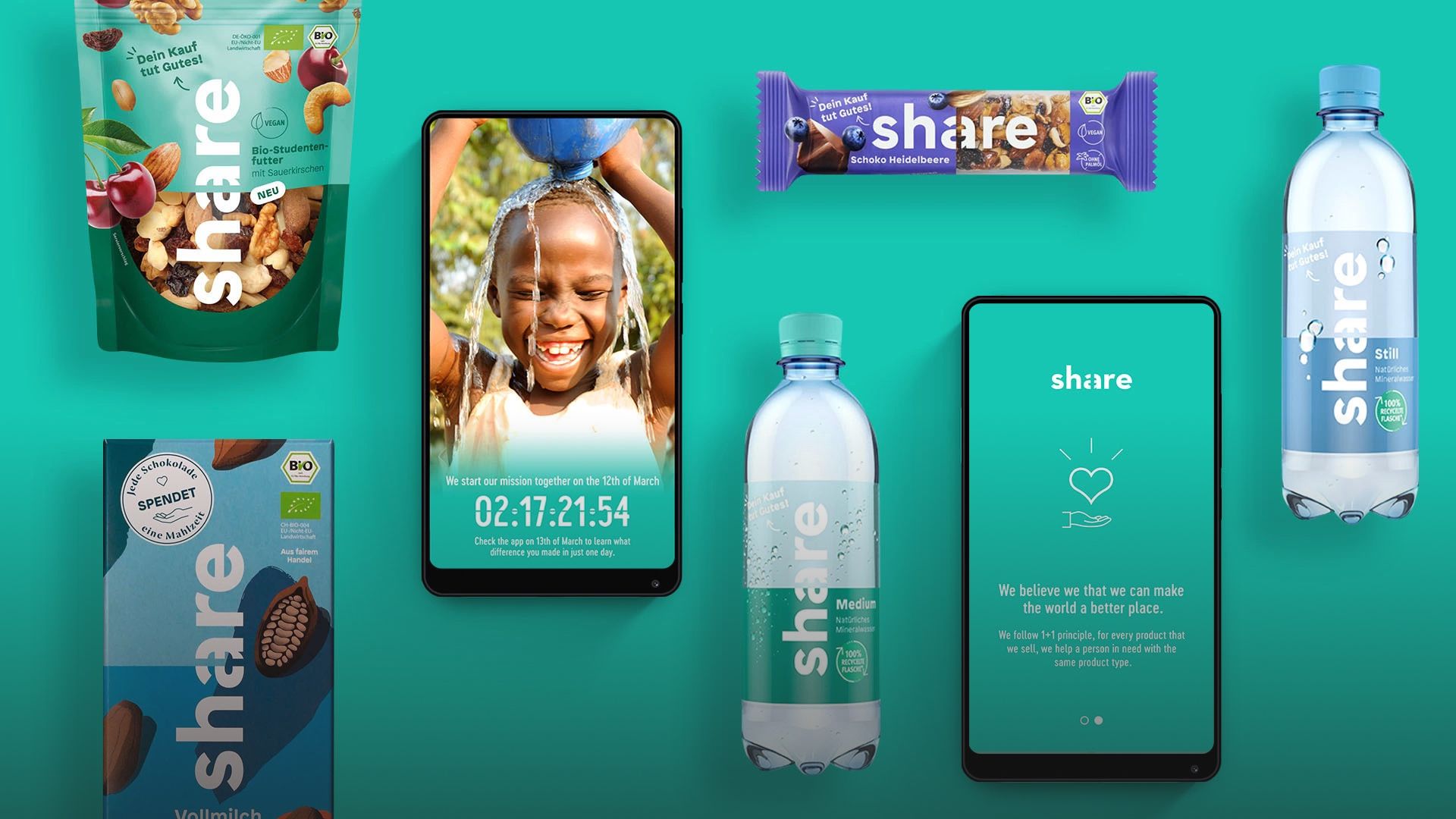Mobile app development
Design, code, deploy and upgrade a standout iOS, Android or cross-platform app with a team of expert developers.
Why are mobile apps great for your business?
When you develop cross-platform mobile apps, your product can run on iOS and Android, and you can download it from both marketplaces. That means higher brand visibility, and more potential users.
Your users value their convenience and tend to prefer in-app shopping. As a result, global spending on mobile apps continually increases. Monetize your community’s preferences and increase revenue.
Ready to start your business? Develop your mobile app's first Minimum Variable Product, and launch it quickly to the market. After gathering users' feedback, you can refine it with new iterations, features or updates.
Engage the community in your brand’s experience with customisable push notifications, in-app messaging, exclusive content, reward systems, and more. Adittionally, you can collect reliable data on what your users love the most!
Mobile applications store data on devices rather than on servers. As a result, they function properly even without internet access, or when the network connection is unstable. If you need to ensure non-stop online customer service, consider developing a mobile app!
Your possibilities to take real-life customer service to the next level are limitless with apps. From everyday purchases in stores and restaurants to events like festivals and match days – it works great for many businesses that mostly operate offline.
Kamil Ziętek
iOS / Flutter Developer
Mobile app development services
How do we develop your mobile app’s MVP?
MVP, or a Minimum Variable Product, is the first version of your mobile app that includes key features and functionalities. We can validate your ideas with a competitive analysis of similar applications, determine market gaps with target audience research, and propose a detailed outline of technical scope.

A complete internal communications application in 1,5 months
Share is a European grocery brand that provides sustainable food and care products while also donating to those in need. Our client needed mobile app development to help sales assistants promote Share's mission.
A 1.5-month project delivered a functional app on time, aiding our client in securing partnerships and successfully familiarizing dm-drogerie markt employees with Share products. Currently, the app runs on 16,000 devices with almost 100% crash-free sessions.
5 reasons why our developers recommend Flutter
With this open-source cross-platform app framework, development for mobile operating systems, the web or desktops is quicker and simpler. Learn how to use its advantages to your profit.
FAQs answered by our developer
Why do you prefer Flutter to React Native?
A few years ago, we saw a decline in native orders and an increase in cross-platform interest. React Native was the first such technology and quickly became very popular with mobile developers. This continued for a while until a new Google-backed player came along – Flutter. On the technology side, it offered something that React Native did not: complete independence from system components and the underlying OS. These are huge benefits in terms of performance and compatibility.

When to choose native app development?
Well, it comes down to budget. In most cases, our clients are interested in both Android and iOS apps, because they target mobile devices in general. Had they liked to develop a native app for each platform, it would double the expenses as compared to cross-platform. So, we recommend native app development to clients who are less constrained by a budget, want to invest in worldwide leading solutions and strive for perfection. However, there are some exceptions. Let's imagine that you develop an app that turns on a lightbulb via Apple HomeKit. Then the choice is a no-brainer – you go for native.

How do you ensure your mobile apps are secure?
Firstly, we stick to standard procedures and best industry practices. It’s not a high-level knowledge not to keep passwords in a database, but to use hashing. Secondly, we use products of the best global providers with top-class security expertise – like Google (Flutter) or Amazon (AWS). We battle-tested their products and we know that they are in fact reliable; if any problem occurs, any security issues are solved quickly and smoothly.

What advice would you give to a client who develops their first mobile app?
Paradoxically, clients often forget to mention things that seem obvious to them, like analytics. This is easily solvable with a tool known as Firebase. This Google-backed platform helps monitor overall performance and user engagement. Thanks to analytics tools, you can pull together reports from different places: from the app itself, from Google Play, and from the App Store. Now you know whether sales are going better on an Android or iOS devices, and make a better-informed business decisions. So if they’re any “blatantly obvious” requirements, simply tell us about them, and we’ll take care of the rest!

What are the perks of mobile apps as compared to websites?
A mobile app is basically a website in your pocket. Except, it’s much quicker, more efficient and doesn’t require logging in each time you visit. So it’s not a necessity, but a preference. Imagine using a loyalty programme – if you’re in a shop, it’s much simpler to use an app to gather some extra points or to use a promo code. Therefore, we recommend developing a mobile app for promoting exclusive content, boosting sales with time-sensitive notifications, and engaging your users in real-life actions.

